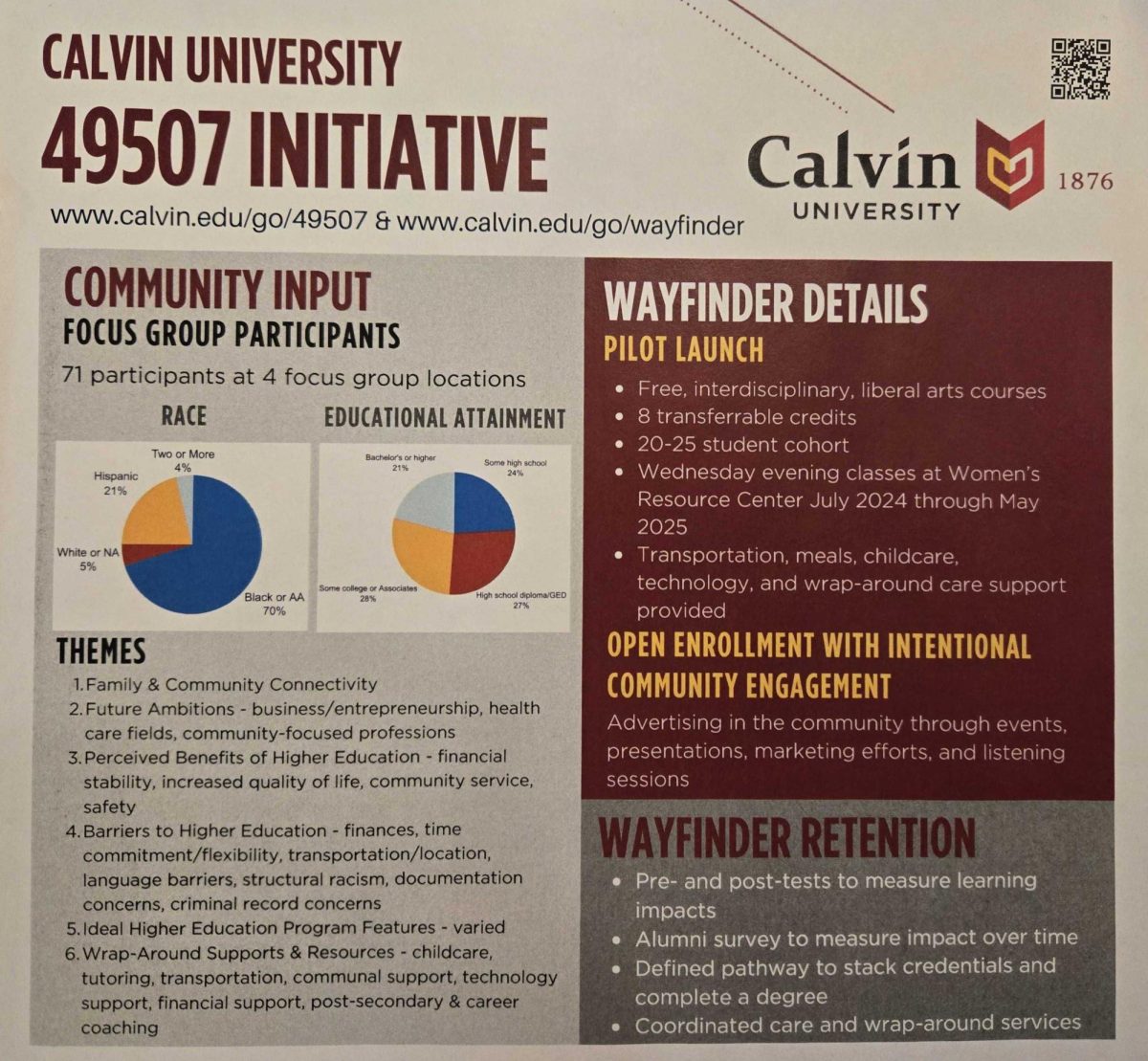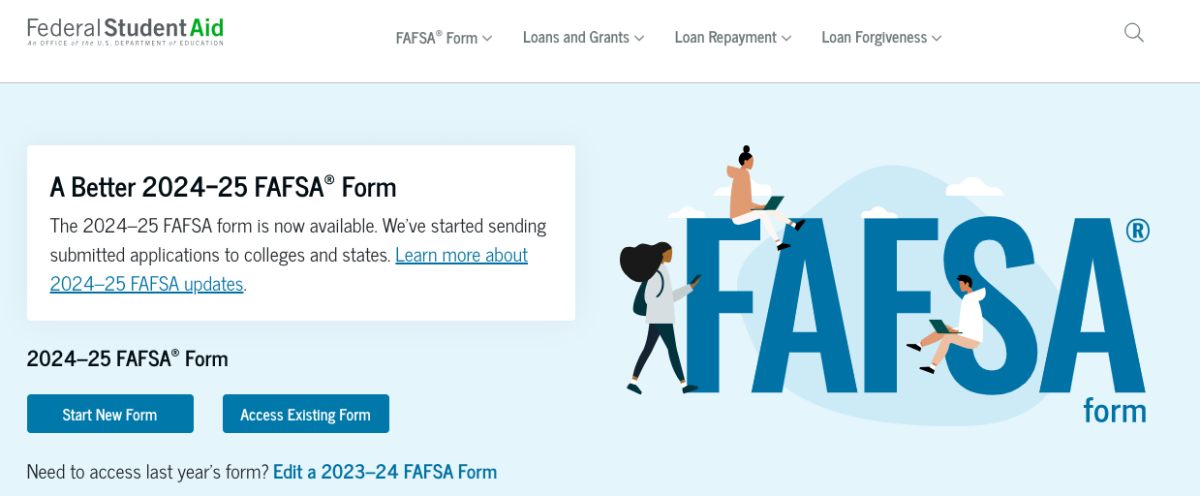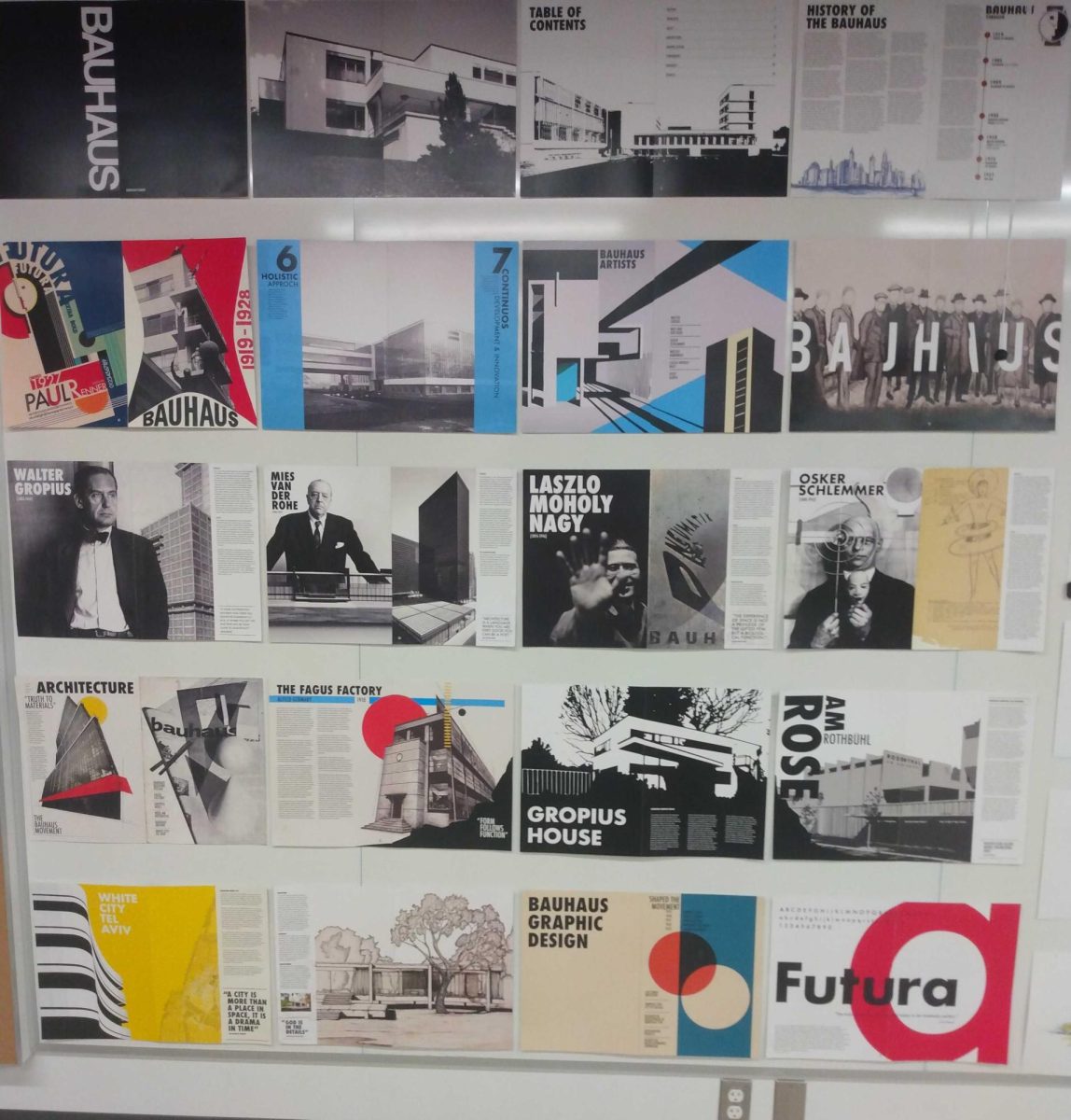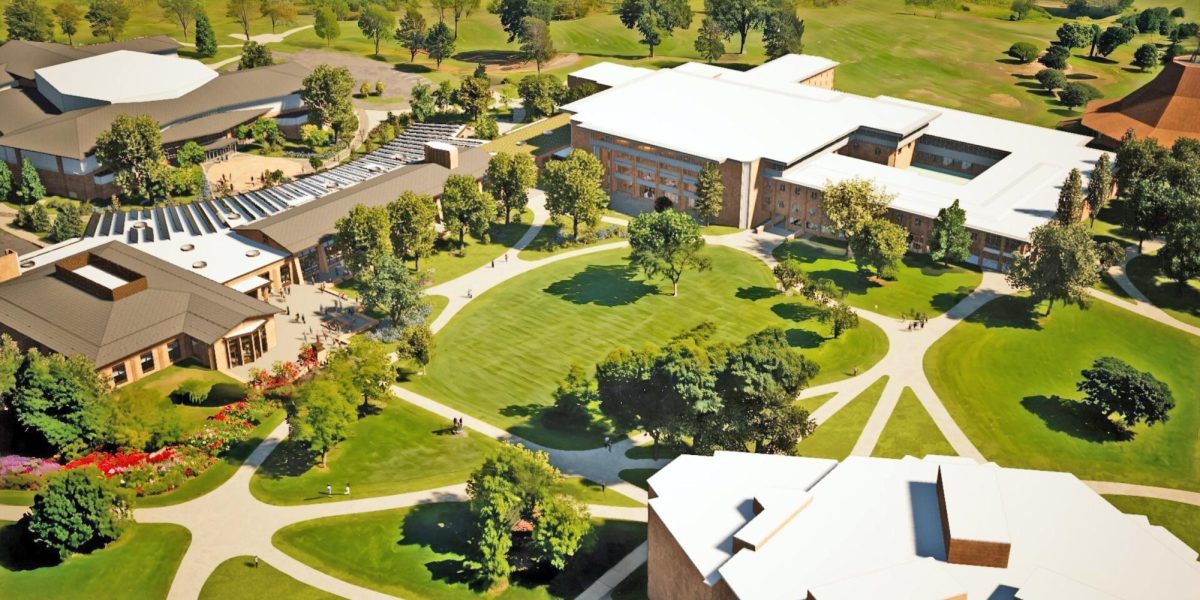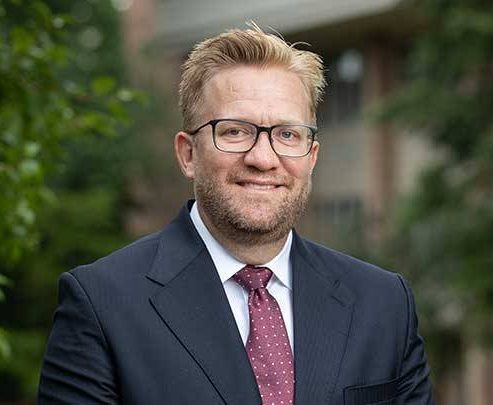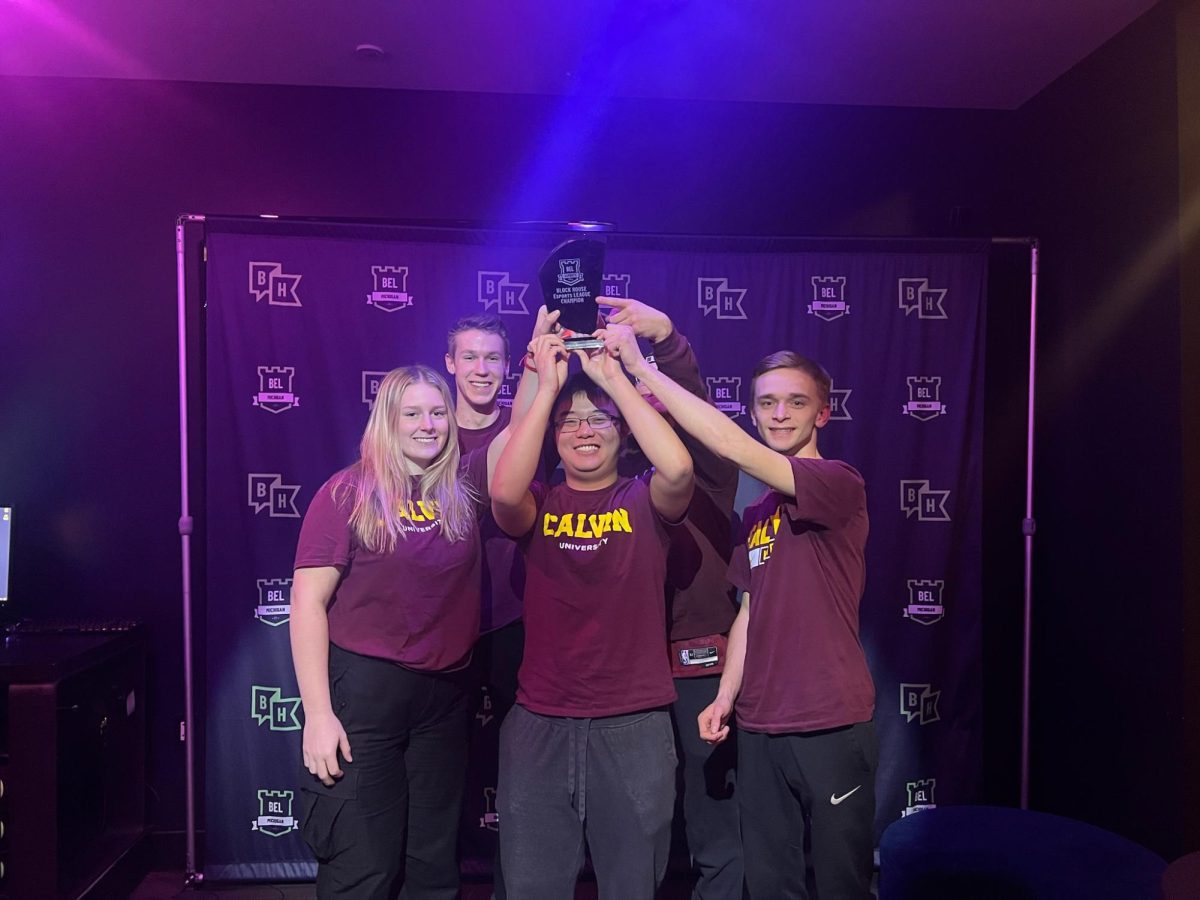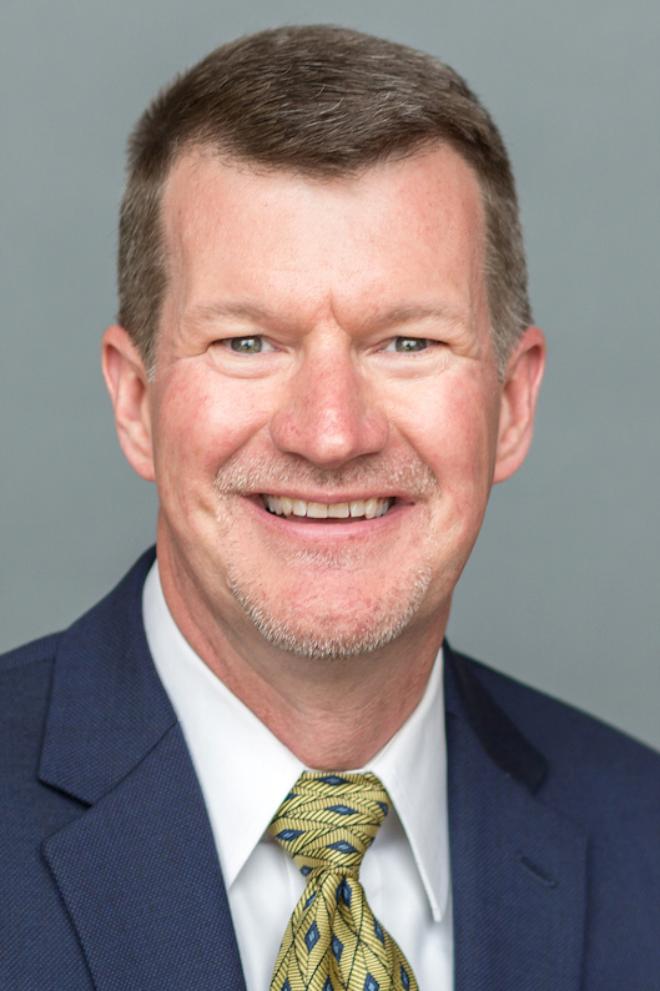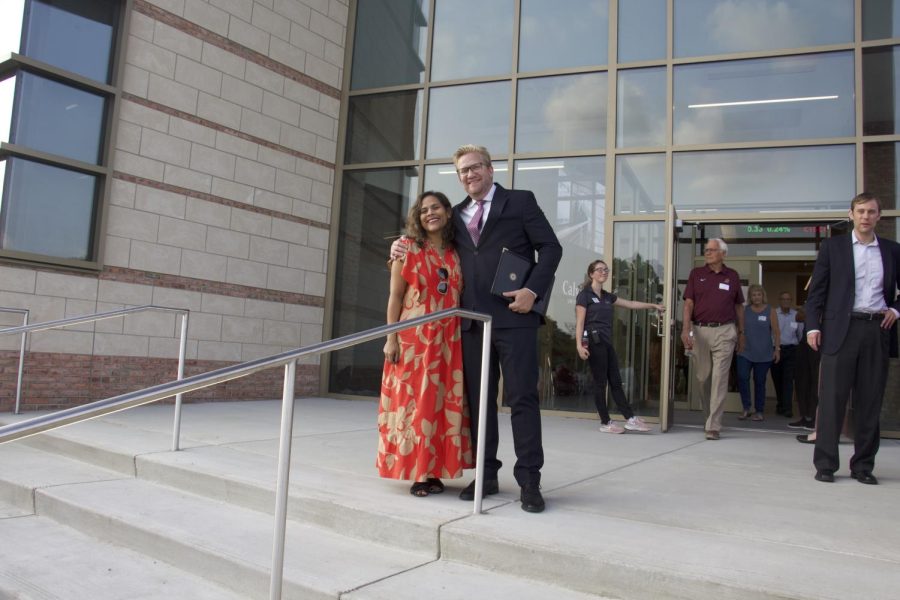Place-based education at Calvin through the 49507 Initiative is moving rapidly toward the implementation of the Wayfinder program — a 10-month eight-credit humanities-based course inspired by the nationwide Clemente program — informed by resident feedback and driven by a focus on serving people well.
The initiative completed focus group data collection and analysis towards the end of last semester, and applications for the pilot Wayfinder program beginning this July have already started rolling in.
Additionally, Calvin’s faculty senate just approved an adult degree completion core proposal, which has been in the works since 2022, according to Abbie Lipsker, director of continuing studies, which she “feels like… is our first step into meeting the strategic priorities for enrollment growth in adult degree completion.” Growing enrollment, in both traditional undergraduate populations and non-traditional learner populations, is a major part of Calvin’s strategic plan.
The 49507 area of Grand Rapids has a disproportionate number of residents experiencing poverty and a lower percentage of residents with a bachelor’s degree as compared to the rest of Michigan, according to U.S. Census Bureau data.
Researching community-wide themes
Before beginning any sort of educational programming, Calvin folks working with the initiative collected data about barriers individuals might face and the educational programming from which residents would most benefit — among other things — through conversations with focus groups held at community centers across the area.
Students in Hendrika Schoon’s social work research class analyzed the data from 11 transcripts and audio recordings, highlighted major themes reoccurring independently across different focus groups and reported their findings to initiative leaders as leaders worked to roll out the pilot Wayfinder program.
Everyone brought in their kids, their grandkids and their community as a whole into the conversation… which really just changed the way that we’ve been thinking about higher education.
Out of the transcript data, the theme of community connectivity stood out prominently. People weren’t necessarily focused on their individual educational achievement and what programs would work for them, but rather on how they could support their kids or provide further opportunities for the younger people in the community, according to Schoon and Lipsker. “Everyone brought in their kids, their grandkids and their community as a whole into the conversation… which really just changed the way that we’ve been thinking about higher education,” Lipsker said.
Residents also expressed a desire for educational programming oriented around professions that would allow them to give back to their community, according to Lipsker and Schoon. To address that concern, the pilot program, while humanities-focused, will provide a space where “all of these five disciplines: philosophy, American history, art history, writing and literature, will all come together with this common theme of advocacy … since we heard that so strong in our focus groups,” Lipsker told Chimes.
Other major themes included what style (hybrid, in-person, online) of education would work best, what the perceived benefits of higher education were, what the barriers to achieving higher education were and what wrap-around services would be helpful, Lipsker told Chimes.
Currently, the initiative is in the process of validating the data by returning to each of the places where focus groups were conducted and saying “‘This is what we think we heard’ — presenting that — and then saying, ‘did we get it right? And is there anything that we missed?’” Schoon told Chimes. Thus far, the feedback on the data presentation has confirmed the accuracy of the analysis, Schoon said.
Program design
In response to focus group feedback, the Wayfinder program, as it exists now, will take place over 10 months, for three hours a week once a week. Students do not have to pay for the program, and dinner and childcare will be provided for both students and their dependents. Classes will take place at the women’s center, which is easily accessible by bus.
Many of those moves were informed by not only feedback from focus groups, but also community leaders in the area. According to Shaquille Anthony, Calvin’s director of strategic partnerships, the initiative recently formed a group of community leaders who “gave candid feedback and ensured we were thinking correctly about this place-based higher education strategy,” into an advisory council, the purpose of which “is to ensure we are being held accountable to the goals and outcomes of the initiative, provide insight based on what’s happening in their respective industries and the community at large and, last but not least, help when it comes to funding resources,” Anthony told Chimes in an email.
The repeated emphasis on listening to the community was noticed and appreciated by Addie Donley, a 49507 resident and member of the advisory council. “I’m always interested when organizations come to the area to better it,” she said, because often, “It is a rare thing for people to actually come here and listen and actually put their money where their mouth is.”
The initiative leaders received her critical feedback about the program’s potential to increase gentrification and other barriers to higher education well, Donley told Chimes, and the Wayfinder’s quick rollout was a major factor in the initiative’s positive reception among the community. “They said it, they listened and they did it,” Donley said.
Moving forward
Wayfinder is already collecting applications and has accumulated about 25 applicants. The program offers 20 to 25 spots, and despite the hard admissions decisions, Lipsker hopes to receive at least double the amount of applications.
This summer, Calvin student summer researchers with the McGregor program will be researching adult higher education for Spanish-speaking populations, Lipsker said. Phoebe Hoag, a senior social work and Spanish major who worked on data analysis for the 49507, is interested in applying to this McGregor due to her research experience in Schoon’s class. “I’d always considered research to be something very abstract: this was a beneficial experience, saw what it could actually be,” she said, and “I feel like having the opportunity to work on something that can contribute positively to my community is such a unique opportunity.”
Further projects include collecting resources and creating a way to connect adult students with resources Calvin cannot provide, but are provided elsewhere.
Finally, in May, Calvin is hosting a Network of Vocation in Undergraduate Education (NetVUE) conference, which will heavily feature the work the 49507 initiative is doing. NetVUE is “a consortium of colleges and universities that are thinking about ways to embed vocational education — which is really about purpose and meaning — into the curriculum and into the community,” Lipsker told Chimes. The regional conference hosted in Grand Rapids will consider these “big questions” while providing community leaders and higher education decision-makers the opportunity to collaborate and learn about place-based higher education.
Use your degree to empower the next person. Don’t stop with your degree. Look back and pull somebody else up with you.
Impact
The real-world implications of this work are tangible. A focus group participant who spoke with Chimes last fall attended nearly all of the 12 focus group sessions held last semester in order to “be a voice for the ones who don’t know how to speak out or are afraid to speak out.” She will graduate with her associate’s degree in early childhood education in April and hopes to join the Wayfinder program to begin working on her bachelor’s degree this July. Three of her four kids are in or have graduated from college, and she told Chimes, “If you can empower somebody with education, then you’ve changed their world.” But simply getting a degree is not enough. “Use your degree to empower the next person,” she said. “Don’t stop with your degree. Look back and pull somebody else up with you.”



